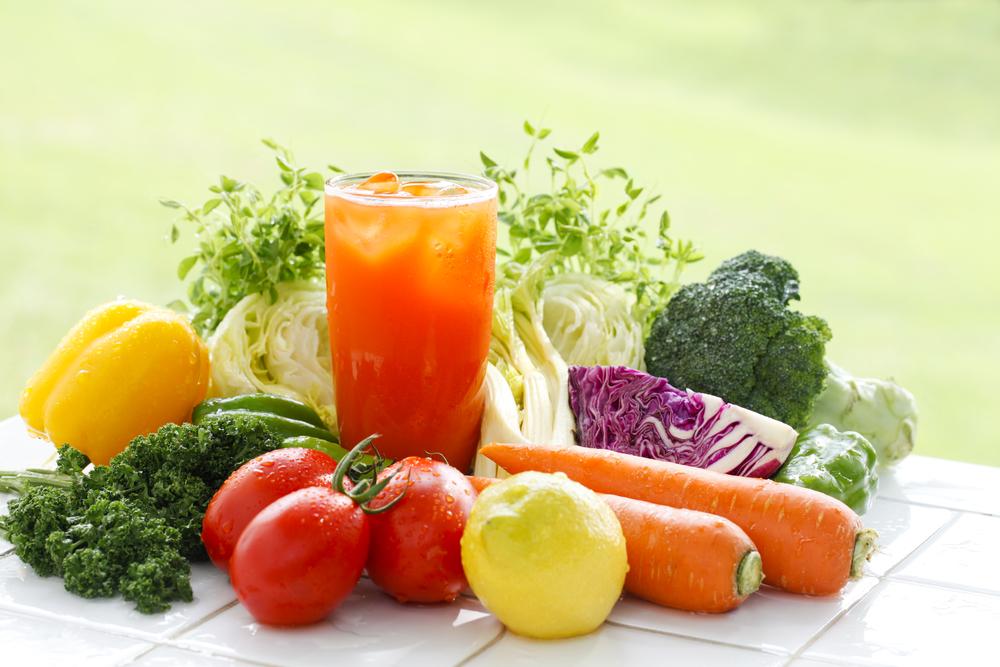
Foods That Help Manage Eczema
Eczema, like most allergies, can be managed with a combination of a healthy, clearly defined long-term diet and prescribed medicines. Healthy skin depends on such diets as they provide all the nutrients that the body requires.
Beta carotene
Beta carotene is known to act as an antioxidant. It is important for healthy skin as it can scavenge and neutralize free radicals. Colorful fruits and vegetables like tomatoes, peppers, carrots, mangoes, apricots, and butternut squash are rich sources of this nutrient.
Carrots help to build resistance against dryness and peeling and protects the skin from dermatological conditions. Watercress, a green leafy vegetable, has cleansing and anti-inflammatory properties. It helps relieve inflamed patches and sore skin.
Vitamin C
If you want healthy skin, vitamin C is the most essential. The production of collagen is important to the human body. We require protein to heal wounds and vitamin C helps build the immune system to protect against diseases by invading bacteria and viruses. Some good sources of this vitamin are found in foods like oranges, grapefruit, peppers, and kiwi. Broccoli, melon, tomatoes, potatoes, and berries are also great sources of this vitamin.
Apples contain a vital source of quercetin and vitamin C. Quercetin is a crucial flavanol that can fight the worst symptoms of eczema, dry, and itchy skin. It also helps to alleviate skin inflammations because of its antihistamine and anti-inflammatory properties.
Vitamin D
This vitamin plays an important role in the immune system. It is important to maintain a good balance of healthy bacteria in the microbiota, which, in turn, affects the health of the skin. Fortified foods provide vitamin D. Other sources are fatty fish, like salmon, mackerel, tuna, and mushrooms.
Salmon is full of proteins, omega-3 fatty acids, and vitamin D. It contains astaxanthin, an antioxidant that decreases the potency of allergic reactions such as eczema.
Vitamin E
Vitamin E, along with vitamin C and beta carotene, helps to prevent damage caused by ultraviolet light to skin cells. This vitamin is a powerful antioxidant and is essential to prevent damage caused by free radicals. This fat-soluble vitamin is found in foods like nuts, seeds, avocadoes, whole grains, and healthy oils. It is also present in green leafy vegetables like kale.
To reduce inflammation and oxidative stress in the body, eat walnuts. They are loaded with vitamin E and possess rare forms of phytonutrients. These phytonutrients help to battle skin deterioration that commonly occurs with eczema.
Fatty acids
Fatty acids (linoleic acid and alpha-linolenic acid) are not produced by the body. So, the human body needs to get ingested through the food we eat. They are needed in the skin cells to maintain the structural integrity. Essential fatty acids are commonly found in whole grains, like quinoa, rye, barley, oats, and brown rice.
Other than this, they are present in seeds, nuts, avocados, and healthy cooking oils, like rapeseed and olive oil. Oily fish like mackerel, salmon, trout, sardines, and fresh tuna contain rich sources of long-chain omega-3 fats, too.



